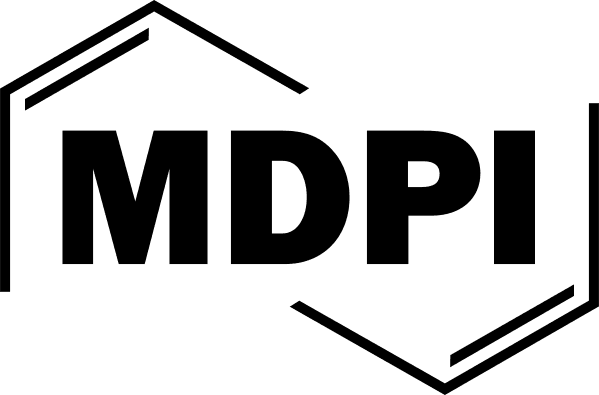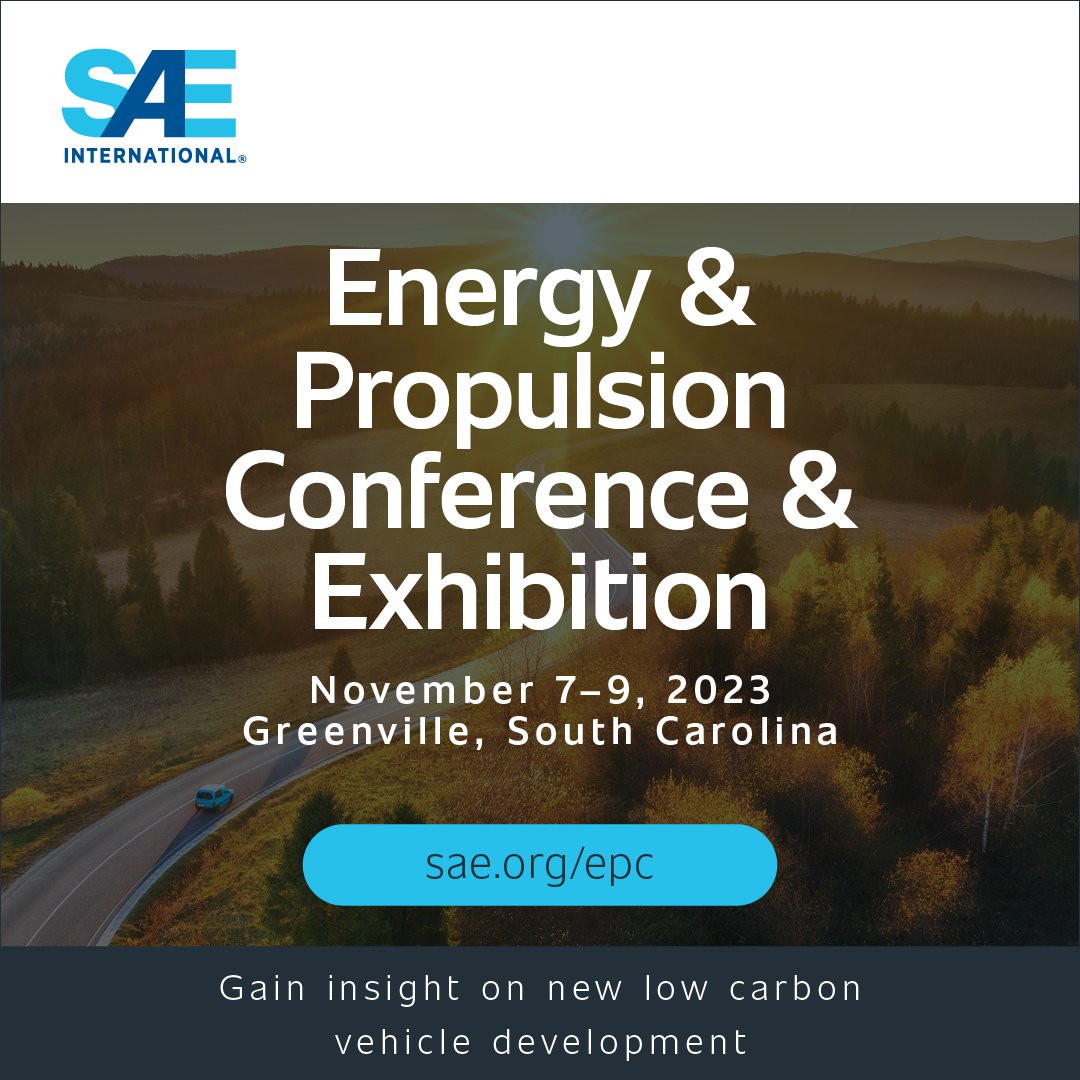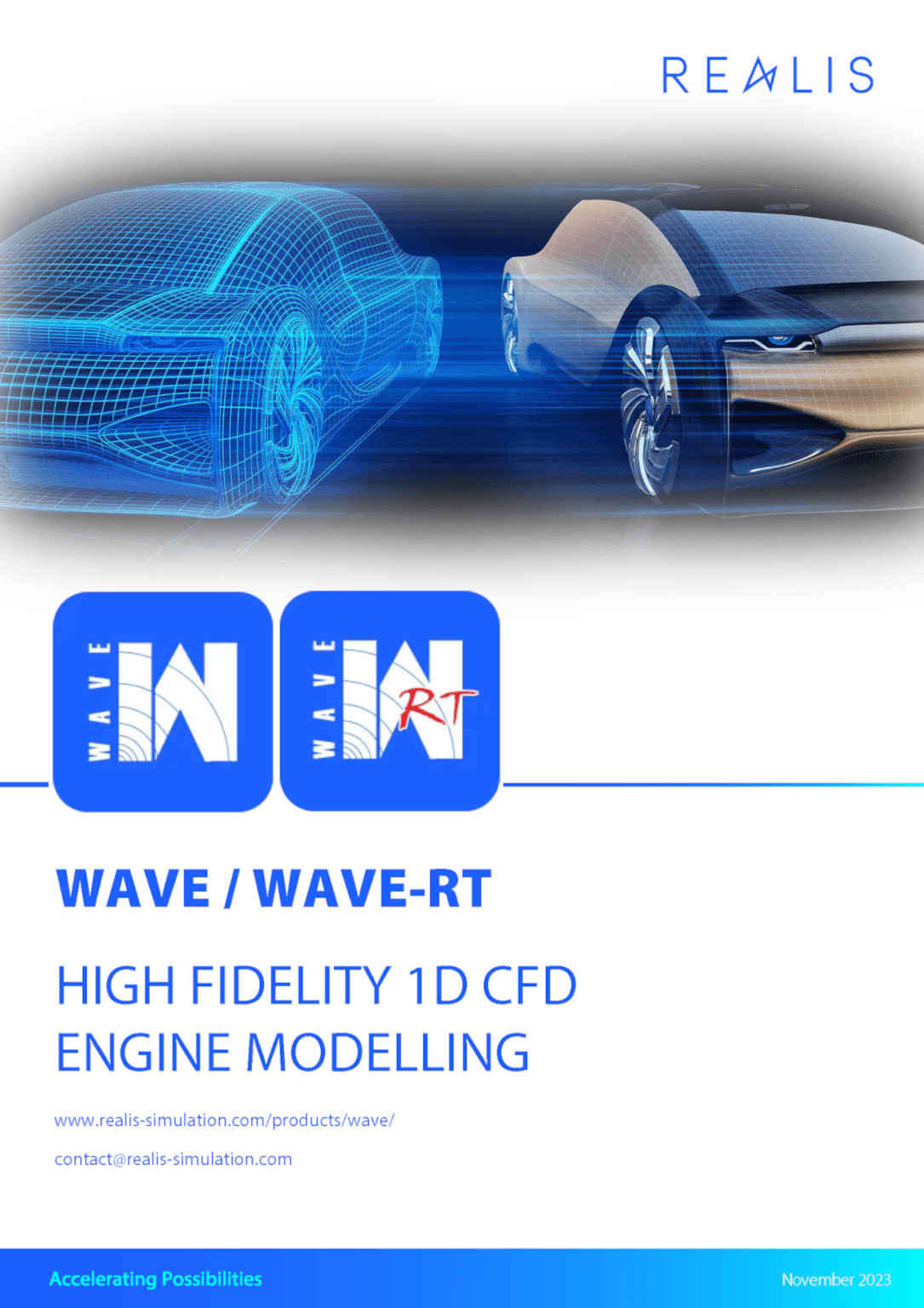
Using Analysis of the Ring Pack and Piston to Optimise Oil Consumption of Current and Future Engines


Using Analysis of the Ring Pack and Piston to Optimise Oil Consumption of Current and Future Engines
Engine manufacturers are increasingly concerned about oil consumption due to its implications for operating costs, emissions, and durability in both diesel and natural gas-powered engines. As future engines aim for low or near-zero emissions while utilizing low/zero carbon fuels, lubricant oil consumption will play a critical role in achieving decarbonization and emissions targets. Hydrogen-fuelled engines, in particular, will be more vulnerable to oil droplet and oil ash-based pre-ignition. Traditionally, the influence of key design parameters on oil consumption has been determined during the validation phase of an engine development program, which entails extensive testbed hours and time-consuming hardware iterations. As a result, development programs may be unable to optimize oil consumption due to cost and time constraints. The need to reduce oil consumption, along with these constraints, has prompted the adoption of more efficient development approaches, such as using virtual models to evaluate and numerous design parameters before hardware implementation. In this paper, we discuss the development of an analytical method, designed to optimise oil consumption by analysing ring pack & gas dynamics, and oil transport mechanisms for a power gen gas engine. This method involved identifying the primary predicted factors contributing to oil consumption, isolating oil transport mechanisms for each piston ring, and subsequently developing and testing a series of design modifications to eliminate or improve oil origins. The optimisation results indicated that a significant oil consumption reduction could be achieved by altering specific details of the piston and ring pack design, while maintaining oil films for durability.
SAE 2023-01-1603
To be presented at the SAE Energy & Propulsion Conference & Exhibition, November 7-9, 2023
Realis Simulation, formerly Ricardo Software.
Our insights


Applications of Oxyhydrogen, Direct Water Injection, and Early-Intake Valve Closure Technologies on a Petrol Spark Ignition Engine — A Path towards Zero-Emission Hydrogen Internal Combustion Engines
Technical Paper